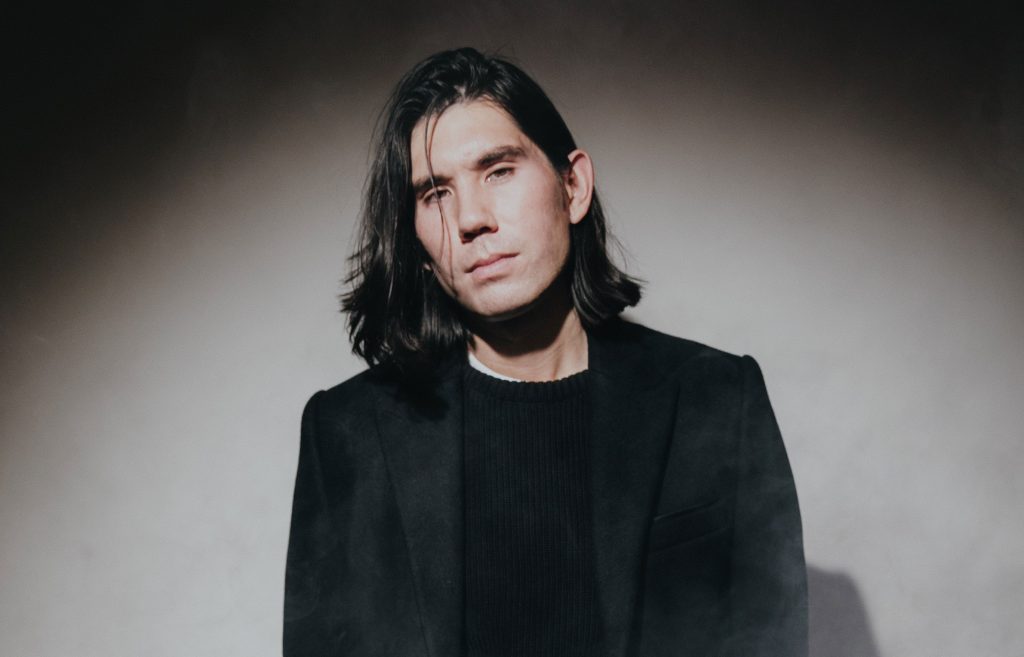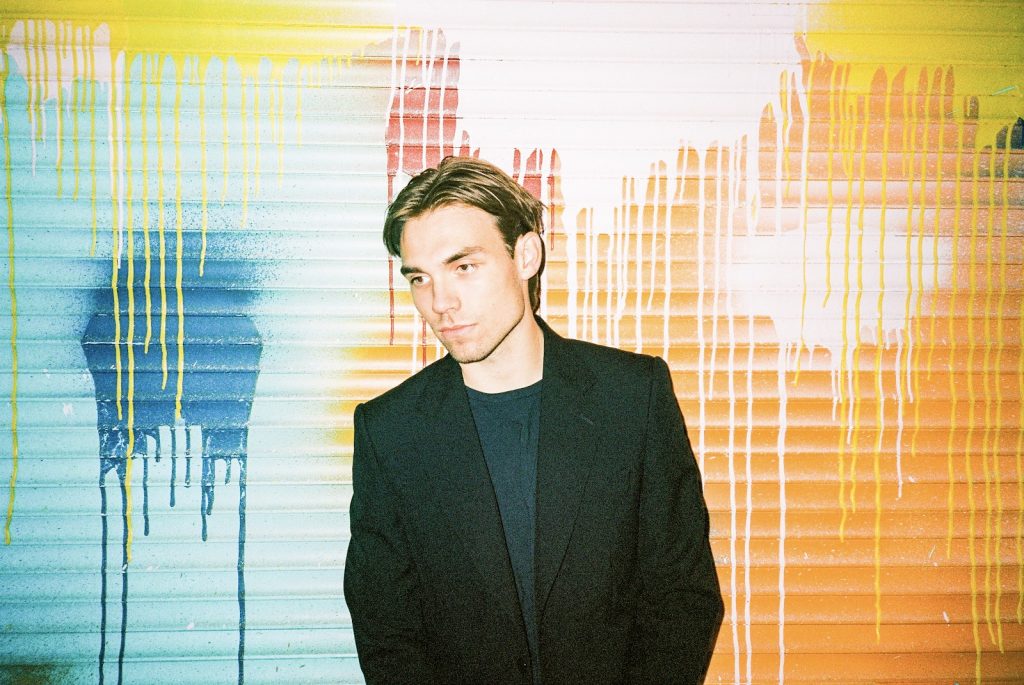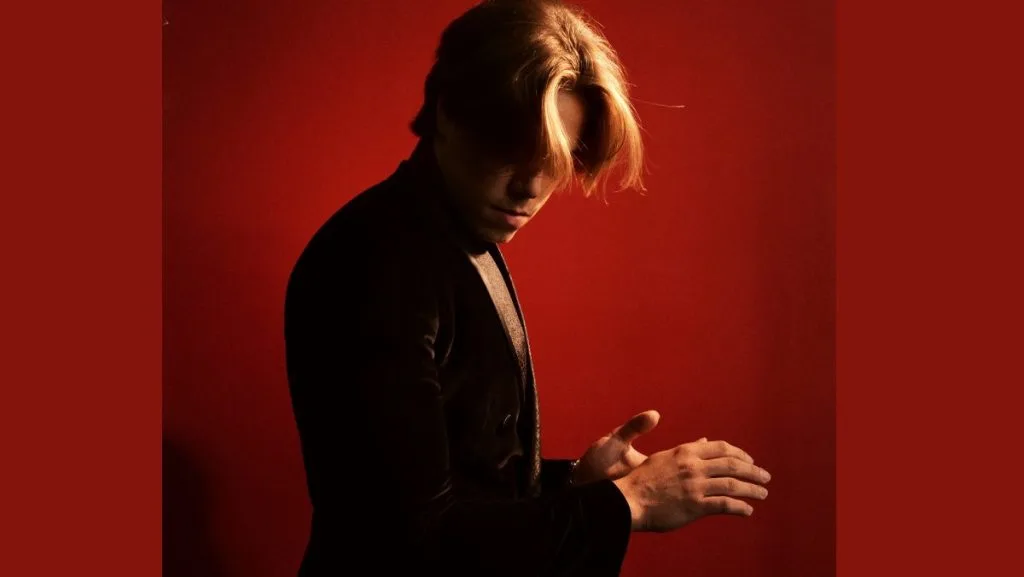With electronic dance music’s popularity hurling into the mainstream music sphere in the early 2010s, a dichotomy between producers with widespread appeal and the underground grew.
On one side, “mainstream” EDM encompassed progressive house and big room, along with trance producers like Armin van Buuren, Tiesto, and BT doing a trance-house hybrid, and the underground became the domain of minimalist techno and deep house.
At the time, the only name that circulated effortlessly between the two spheres was Richie Hawtin, followed by a couple of techno producers like Nicole Moudaber and Seth Troxler.
Future house – appearing somewhere around 2013 – seemed to be the bridge between both worlds. It delivered the melody and sound that resonated with revelers from a festival’s mainstage yet offered the glitchy minimalism that appealed to the underground.
Of the producers to rise from the creation of future house, Tchami has held onto his signature production style, rather than evolve it in the face of growing popularity.
The qualities that connected with fans manifested fully in Year Zero, Tchami’s full-length debut album released last year, complete with several collaborations and a cohesively versatile chill factor that’s laidback enough for a deep house set, effervescent for future house’s parallel counterpart, tropical house, and doesn’t tred too far from mainstream dance music’s dalliances with pop, making it a fairly accessible release.
Attesting to its appeal, Dancing Astronaut named Year Zero its album of the year. If you haven’t yet had a chance to listen, you can hear it here.
Of course, roughly seven years into his career, Tchami has perfected the underground-to-mainstream confluence, through remixes of pop singers, like Janet Jackson, remixing or collaborting with strictly mainstream names like Martin Garrix and Jack Ü, and having a cohesive stage show – based on a church service – that’s a far cry from the DJ in a dark booth of old-school rave parties.
As well, he’s taken the path that many other producers do, by starting up his own label, Confession, in 2015 to release his own and other artists’ tracks. That same year, he also started Pardon My French, a collective with other French future house producers DJ Snake, Malaa, and Mercer.
Continuing to promote Year Zero, Tchami recently released “Praise,” a collaboration with Georgia rapper Gunna featuring a ‘90s-style video game-inspired video.
We had a chance to interview Tchami about Year Zero and his career to date.
Year Zero is your first full-length album, although you’ve released four EPs to date. What was your concept for Year Zero going into the project?
With electronic music, I was never fully satisfied when it came to albums. For some reason, I never believed that an LP format was suiting the genre of music I was making. I was afraid of doing the same thing all over for an album.
So, for the most part, I stuck with singles and EPs. At a certain point, I found myself accumulating a lot of demos, and the idea of an album emerged naturally.
It was also a challenge because I was kind of bored of the single / EPs cycle. I’ll go back to that eventually if I want to, but to be fair, it clearly felt like it was time for an album.
How did Year Zero come together?
A lot of this album’s basic tracks came to life while on tour. I kept all these ideas until the day I realized it could be something worth developing for an album.
And, since I was traveling a lot, one thing I lacked was being able to take the time and make music with other people, producers, singers, and writers. We set up some sessions in Los Angeles, London, and Paris to meet with everyone you can hear on Year Zero.
Then, I refined the songs until the beginning of the “Elevation Tour,” which was the first time people would hear tracks from the album live.
Soon after, the pandemic hit us, sending everybody home for quite some time. It did give me more time to adjust certain things on the album. That’s basically the whole process.
Several Year Zero tracks feature collaborations with vocalists or producers. How did you select your collaborators for this album?
It was a natural building process. Everyone you hear on the album was in the studio with me writing each song of the album. It’s a whole different vibe when you have each other’s feedback in real time. I get a much better picture.
You’ve regularly been releasing music since 2013. As a producer, how would you say your sound and approach to production have evolved over the years?
I’m definitely more mature in my productions. I’m not afraid to step out of my “sound” to get to something new and interesting.
As an artist, you shouldn’t be afraid to redefine your sound without trashing what got you here in the first place.
How did you get into producing and DJing?
I took interest in DJing in the late 1990s. I began to listen to the local radio stations that were playing DJ mixes, and some of these shows were playing DMC’s championships.
That was my first inspiration for getting myself a pair of BSTs and a Gemini mixer to be able to do the same as I was hearing on the radio.
It was only a few years later that I discovered how electronic music (including hip-hop beats) was being made. I had access to my father’s laptop that he’d let me use sometimes with a demo of Music Maker – four tracks only and a limited range of effects.
To sum it up, I always was curious about how music was made from the ground to the final thing.
As a producer, who are your influences?
I don’t really know if I’m consciously influenced by any other producer. I can give you some obvious names that have been present for a long time in my “go-to songs” folder, like The Neptunes, Timbaland, DJ Premier, Hi-Tek, Bjork, Aldo Cicolini, Sade, Zapp, Aurra, Earth Wind and Fire, Joe Hisaishi, Kadhja Bonet.
With no festivals scheduled for 2020, what have you been up to over the past year, aside from producing your album?
This year was all about taking some time home with the family, getting in better shape physically, and staying in shape mentally.
Once venues open again, what are your plans for performing live?
I would like to give a sense of continuity for the album, as it is also meant to be experienced on tour. I don’t know what form it will have, but I’ll be happy to give the public the full vision for Year Zero and live is for sure one of the key aspects.
I’d also love to go on a club tour. Midsize / small venues always have an intimate vibe that I enjoy.
Back in 2015, you formed a collective with other French producers called Pardon My French. Do you have any more plans for this project?
With Covid still kicking hard around the world, everything is pretty much in the air. We are all working on a lot of music right now, but nothing particularly together.
We’ll see how it goes. I’m always down to make music with my friends.
Like many dance music DJs, you started your own label, Confession. What’s been your approach to finding and promoting artists, and what are your plans for the future?
Confession has been one of the best and hardest adventures for me as an artist and a label boss. I’m always concerned about the quality of our releases and it won’t change going forward.
My goal always has been to find new talents and give them a platform, a home for their music – something that I’ve enjoyed myself in my first years with the Tchami project.
Even if it’s temporary, I’m glad to be able to say that we as a collective may have contributed to an artist’s development. We grew some solid relationships with esteemed fellow artists and DJs and are planning to solidify our vision in the next years.





















